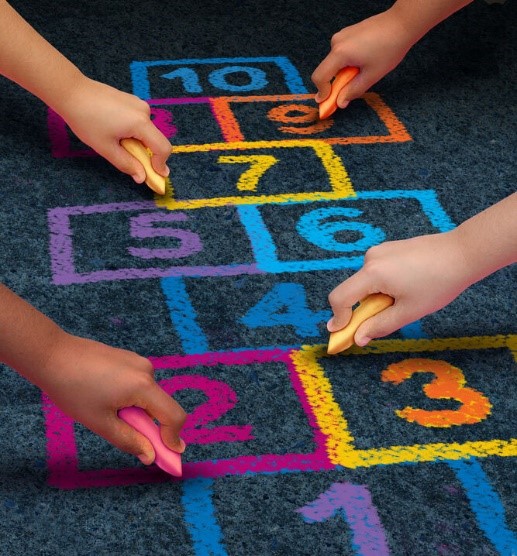
EOC Chairperson urges for better racial integration in Hong Kong schools
In 2002, the United Nations General Assembly declared 21 May as the World Day for Cultural Diversity for Dialogue and Development, recognising the need to “enhance the potential of culture as a means of achieving prosperity, sustainable development and global peaceful coexistence”. This day is not only meant for celebrating the richness of the world’s cultures, but also highlighting the essential role of intercultural dialogue for achieving peace and sustainable development.
To mark the occasion, EOC Chairperson Ricky CHU Man-kin released an article in The Standard and Ming Pao Daily on 24 and 25 May respectively. Highlighting Hong Kong’s diverse population and culture, Mr Chu emphasised the importance of providing a racially inclusive learning environment for both non-Chinese-speaking (NCS) and mainstream students. Quoting figures in the 2020/21 school year, he pointed out that 31% of NCS primary students and 28% of those at the secondary level continued to study in schools (public and Direct Subsidy Scheme) which have more than 70% of NCS student population. Where other schools have smaller NCS student population, the students were grouped into classes based on their lower Chinese language levels and separated from their Chinese peers most of the time.
Mr Chu said that while enhanced support measures by the Government in the past eight years or so have helped gradually narrow the gap in education experienced by NCS students, full integration is yet to happen, and the Education Bureau has to give clear requirements and guidance on building racially inclusive classrooms and including diversity and inclusion education in the curriculum.
Mr Chu wrote: “Integration must entail the free mingling and mixing of students inside and outside the classroom. They must play together, sing together, and perform activities together to help foster mutual understanding and awareness. The only way to prevent stereotypes from taking root and transforming into deep biases is to help individuals interact and get to know each other in a natural manner. This will not only replace the fear, but also help one discover the strength that comes from diversity of backgrounds, ideas and thoughts.”

